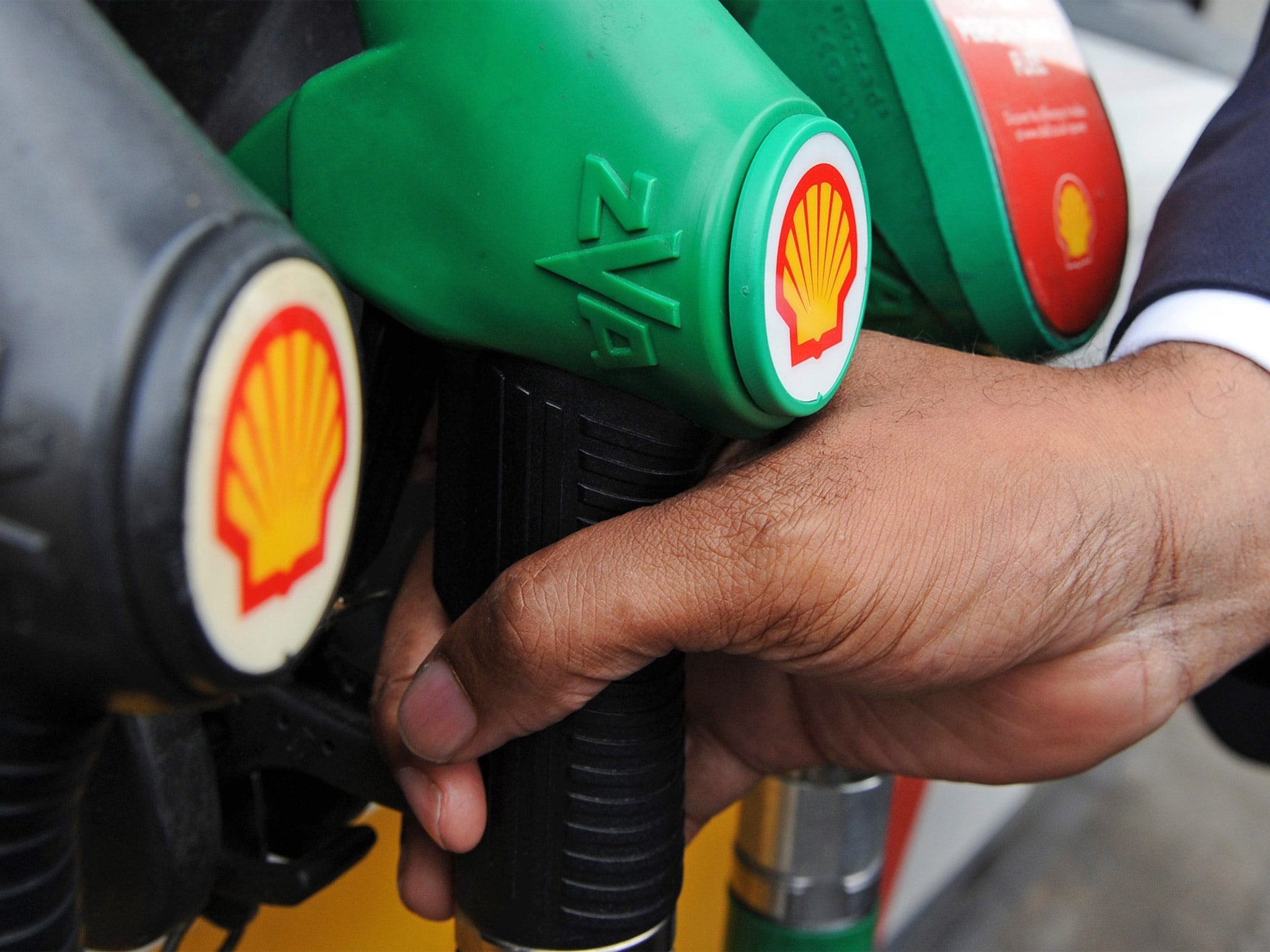BP and Shell price-fixing investigation: Oil executives may face jail, warns David Cameron

Your support helps us to tell the story
From reproductive rights to climate change to Big Tech, The Independent is on the ground when the story is developing. Whether it's investigating the financials of Elon Musk's pro-Trump PAC or producing our latest documentary, 'The A Word', which shines a light on the American women fighting for reproductive rights, we know how important it is to parse out the facts from the messaging.
At such a critical moment in US history, we need reporters on the ground. Your donation allows us to keep sending journalists to speak to both sides of the story.
The Independent is trusted by Americans across the entire political spectrum. And unlike many other quality news outlets, we choose not to lock Americans out of our reporting and analysis with paywalls. We believe quality journalism should be available to everyone, paid for by those who can afford it.
Your support makes all the difference.Oil executives could face jail if they conspired to keep petrol prices high by rigging the market, David Cameron has warned.
The Prime Minister increased the pressure on BP and Shell by insisting that new legislation brought in after the Libor rate-fixing scandal could be applied to the oil market.
Following the European Commission’s raid on the companies’ offices over suspicions that they inflated oil and petrol prices for a decade, Mr Cameron said: “These are hugely concerning allegations and – if true – very, very serious.”
Mr Cameron, who was in New York on his final day of a United States tour, added that there would be “major consequences” if the claims proved to be accurate. The European Commission has said its “unannounced inspections” do not mean the companies are guilty and it is expected to take months to conclude the investigation.
But if allegations prove to be correct, oil-price rigging could have added more than £2,000 to the average household petrol bill over the past 10 years, Gustaf Duhs, of Stevens & Bolton, said. Shell saw nearly £3bn wiped off its market value in the aftermath of Tuesday’s raids on its offices in London and the Netherlands.
Seth Freedman, the man who blew the whistle on alleged price fixing in the gas market, told The Independent that the practice was also common in the oil industry. “Traders have told me there is a widespread problem of attempting to manipulate prices right across the energy complex, in oil, gas, carbon and coal,” Mr Freedman said.
The former city trader and price reporting agency employee – who regularly spoke to oil companies, banks, hedge funds and other players across the energy trading market – added: “Traders have named to me some of the world’s biggest energy companies as being notorious for attempting to manipulate energy prices, including oil.”
Ultimately, the price that people pay for oil, petrol and related products around the world is determined by a handful of “benchmarks”, of which the best known is Brent crude. So-called price-reporting agencies calculate the benchmark rate using data provided to them by oil companies, banks and hedge funds, which trade oil on a daily basis; the EC suspects these submissions were in some cases fraudulent.
The Office of Fair Trading also came under fire, less than four months after the watchdog’s investigation into the near doubling of pump prices in the previous decade found that “competition is working well in the UK road fuel sector”.
Robert Halfon, the Tory Harlow MP, derided the OFT inquiry as “limp-wristed and lettuce like” while Labour warned it would face “serious questions” if the EC now found evidence of rigging.
Energy Secretary Ed Davey defended the OFT as a “strong” watchdog, but said he was “deeply concerned by an allegation that prices for consumers could have been artificially or unnecessarily driven up”.
The OFT pointed out that its report suggested oil-price manipulation “could potentially raise serious concerns but no credible evidence was submitted to the OFT in response to the call for information”. The watchdog resisted calls to reopen its investigation, saying instead that it was assisting the Commission with its “inspections”.
Mr Cameron said guilty executives could be prosecuted under the Financial Services 2012 Act, which came into force last month.
Join our commenting forum
Join thought-provoking conversations, follow other Independent readers and see their replies
Comments